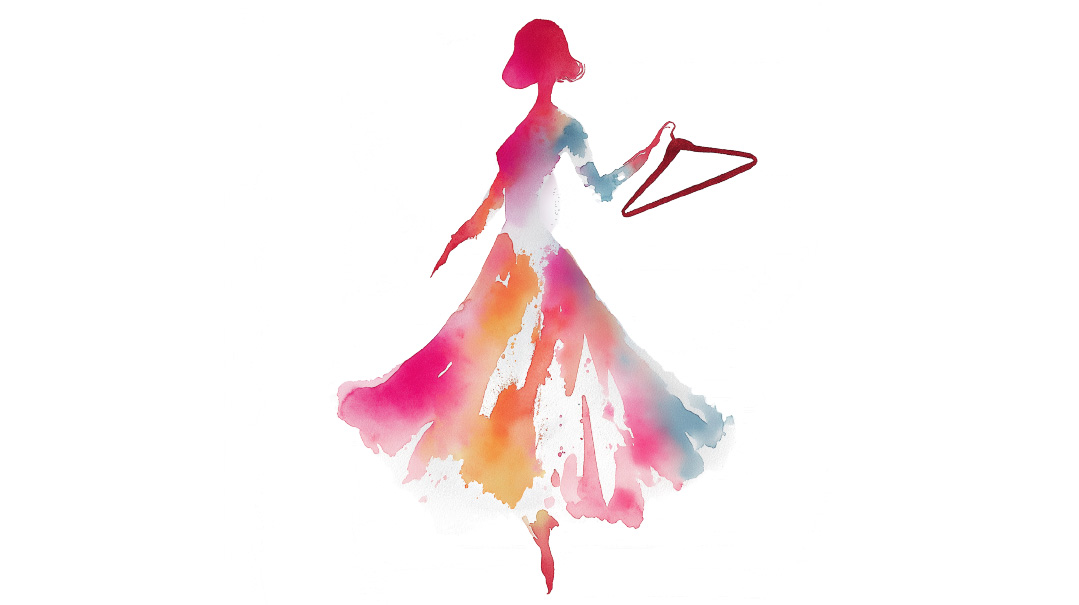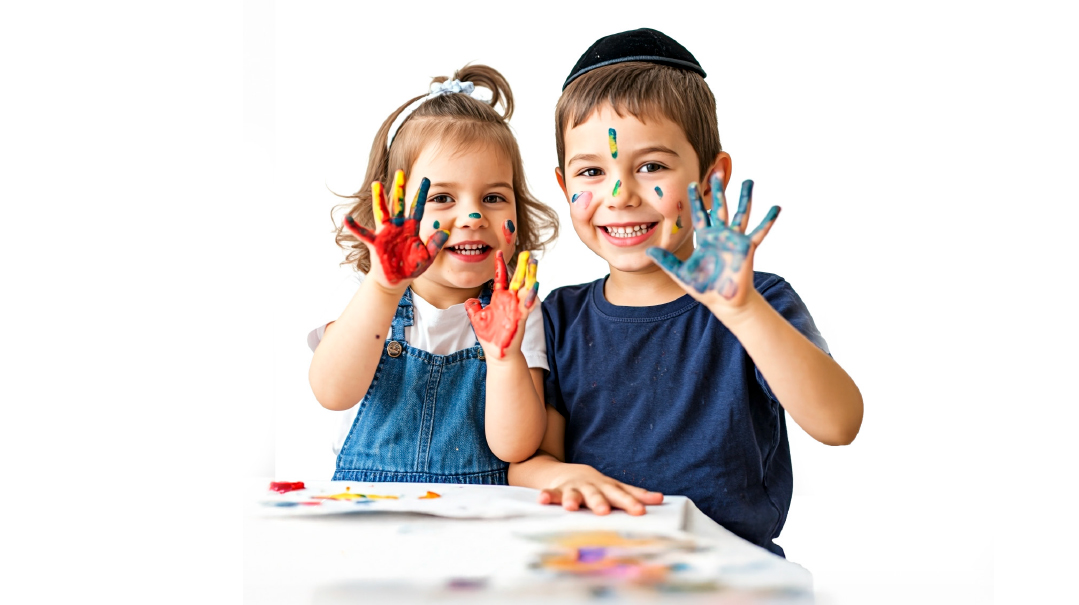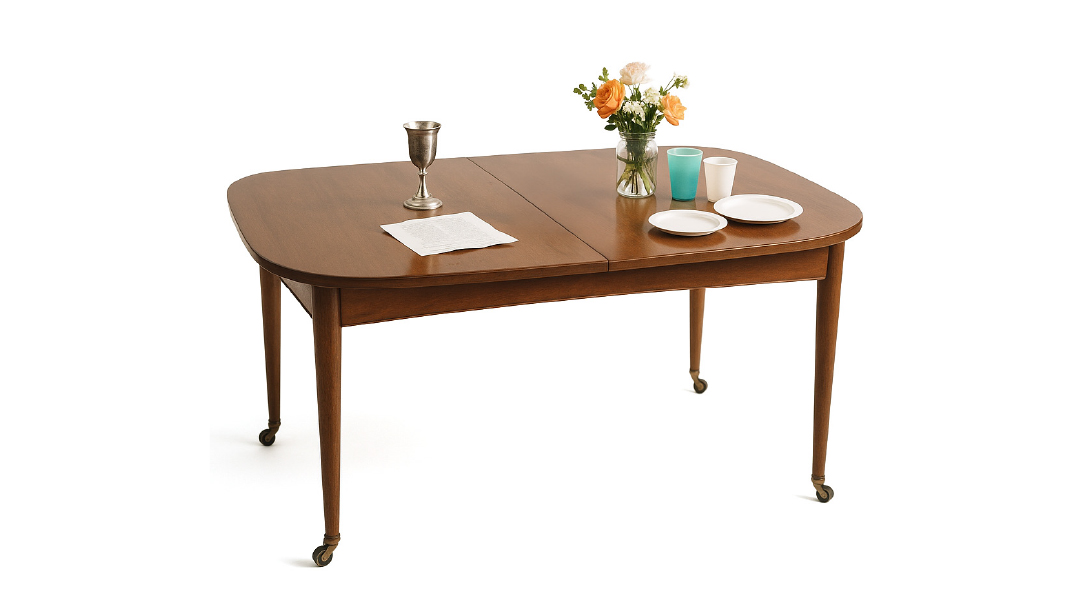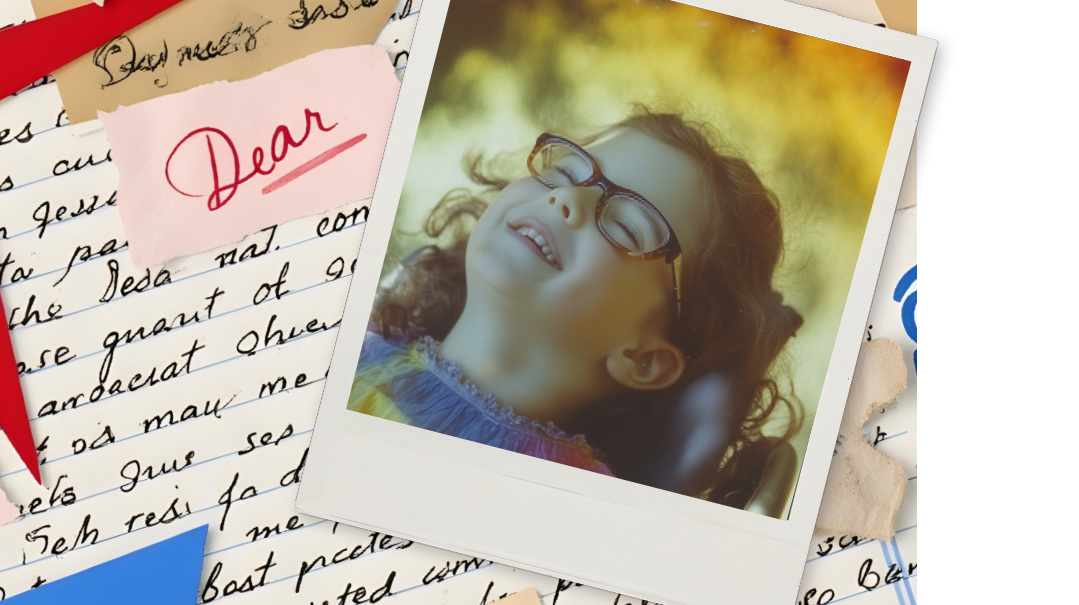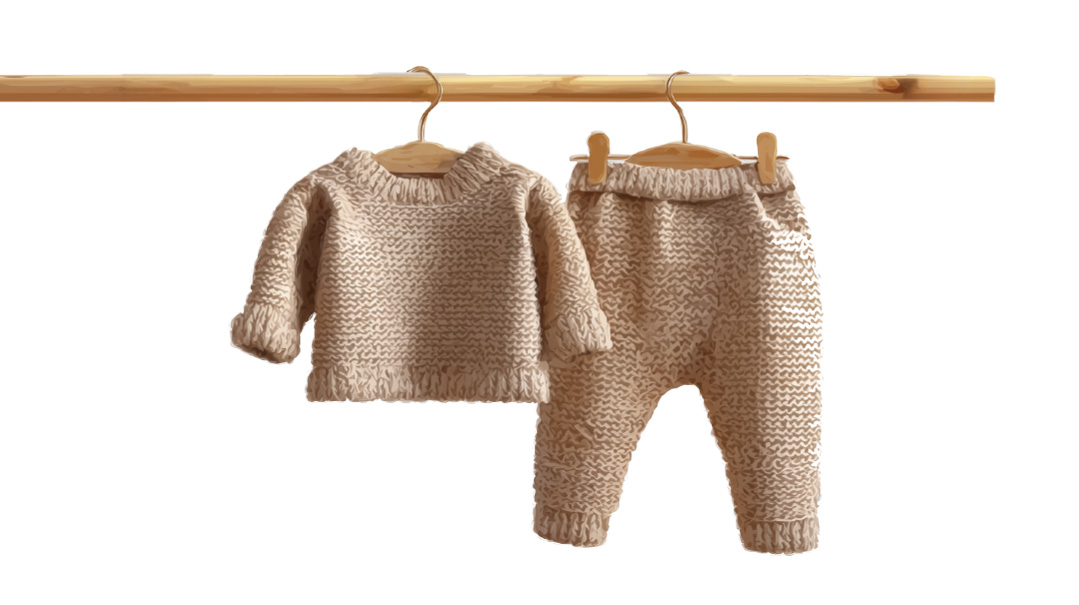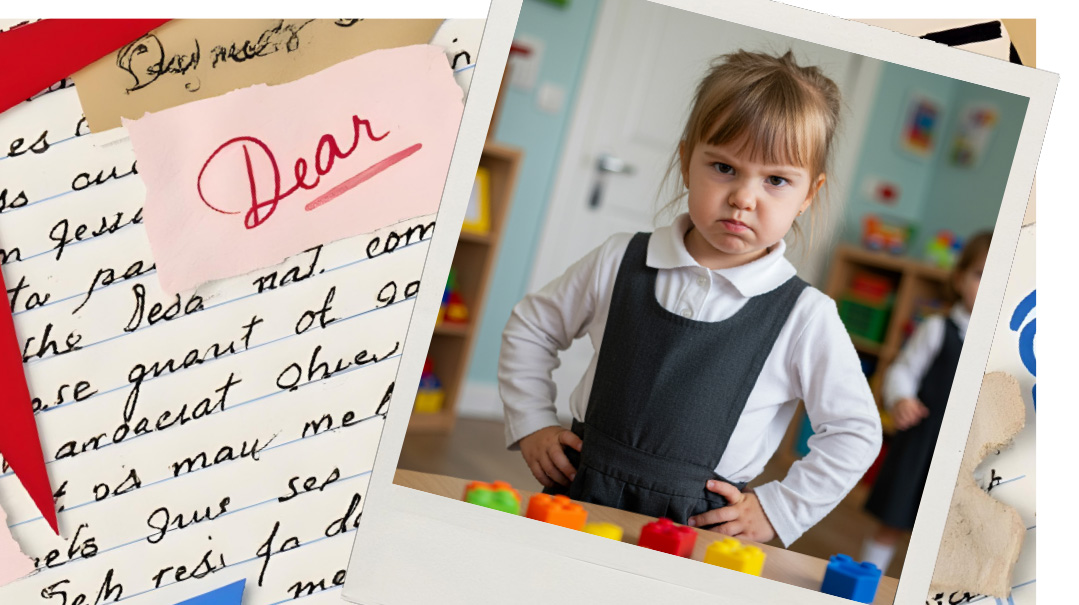Released
| January 18, 2022I knew my husband's neshamah was waiting for chalitzah
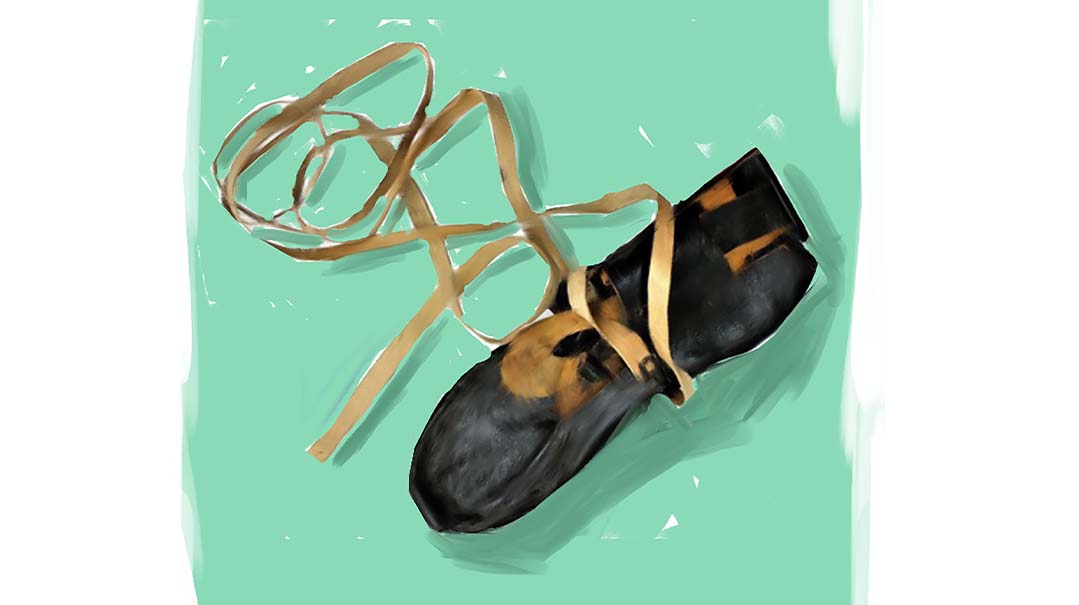
My body tensed as I slowly walked through the big brown door. This was the first time I’d ever been in a beis din. The dayan’s tall frame filled the doorway, as he pointed to a small room with a table and chairs.
“You can sit down and wait in there,” he said. His tone was gentle. “We’ll let you know when we are ready to do the chalitzah.”
I’d gotten good at waiting. I’d been doing that for a long time now.
I’d been sitting in an art class, engrossed in the scenery I was drawing, when the phone call came. I sighed. This class was an oasis for me, a place where I could try to forget about the loss of my second husband, who’d succumbed to Covid, and the loneliness I’d been living with ever since.
I tried to ignore the call, but when I looked at the screen, I realized the call was from Israel, and I knew I had to take it.
“Hello,” my brother-in law said. “I spoke to the dayan here, and he said that we must do chalitzah. I’ll be coming to the States at the end of January. If it’s okay with you, I plan to have a meeting with the rav on Thursday morning and then do the chalitzah on Sunday.”
I told him it was fine. January seemed a long time away; we were only in November. Then I hung up the phone and went back to my painting, dabbing a beautiful streak of yellow green on the leaf of my tree.
My sister Bracha’s voice interrupted my reverie. “It’s taking so long,” she said uneasily. “Should I knock on the door and see what’s happening?”
“It’s okay, Bracha,” I said. “This will happen at the right time, and we can’t make it happen earlier.”
I remembered how we’d planned to do the chalitzah on Sunday at the end of January, and then the rav called me on the Friday before and told me that it couldn’t be done on Sunday because we needed to have two days to publicize it, and we couldn’t publicize it on Shabbos. So he asked me if we could do it on Monday instead, and I agreed.
We’d planned to do the hakamas matzeivah on Monday, following the chalitzah, so I figured we’d just switch the days. Sunday was a better day for the hakamas matzeivah in any case. It wasn’t a work day, so it would be easier for people to attend. And, of course, his brother from Israel would be landing before Shabbos, so it wouldn’t be an issue for him.
On a bitterly cold Sunday morning in January, marked on my calendar in big red letters with the word chalitzah, we traveled to the cemetery.
I inhaled the early-morning air, and we settled ourselves into the 15-passenger van. When my husband had passed away, he went straight from the hospital bed to the beis hachayim. Finally, now, we’d be able to give him the kavod acharon he’d never received.
We arrived and met a few more friends and relatives who came in other cars. We had a minyan, and his brother said Kaddish. It was cold outside, but our hearts were warmed from all the wonderful memories people shared about my husband. The rav spoke, and everyone asked my husband for forgiveness. And then the mini “levayah” was over.
We piled back into the van, rubbing our hands together for warmth, and my brother remarked that he’d never been to such a special levayah. A feeling of fulfillment and togetherness permeated the air.
We were driving down the highway, each of us engrossed in our own thoughts, when my brother-in-law’s phone rang. The conversation was in Hebrew, which I didn’t understand too well, but I saw worried expressions on the others’ faces. I sat in my seat looking out of the window at the trees, wondering what it was all about.
My brother-in-law hung up the phone, and said to me softly, “My wife just called. There aren’t going to be any flights to and from Israel after midnight. That means I have to leave tonight. My wife already booked a ticket.”
“Can’t you stay just till tomorrow morning?” I pleaded.
“It’s impossible,” he answered in a tearful voice. “I could be stuck here in America for months.”
Everyone was quiet. And then I heard my brother-in law talking to my husband, his deceased brother.
“Avraham,” he said,” I wanted so much to do chalitzah for you. I even borrowed money to make this trip. But I have to go back to my wife and children. Please be moichel me. I can’t leave my wife and children alone for so long. Please, please be moichel me,” he finished plaintively, and then he cried.
We were all quiet; there was nothing to say.
I came home, devastated. We’d made all the plans. We were all ready. And now this. “Hashem,” I cried. “My husband never had children. He really needs this! Why did you do this to me?” My sister, brother, and sons came in with me. We were quiet for a few minutes. Then my son broke the silence.
“Mommy, how do you feel about this?”
I thought for a minute and then answered, “Frustrated. So disappointed.” I felt like the chalitzah would never happen.
Then a streak of clarity pierced through the fog I was enveloped in, and I knew, with blinding intensity, that I was not alone.
I took my two sons’ hands and said, “Let’s dance.” They looked at me like I was off the wall.
“I’m not frustrated. I’m not disappointed,” I said, “I’m not sad.
“You know why?” I continued. “Because now I know, and I truly believe, that Hashem is taking care of me. Hashem made us change the day of the chalitzah from Sunday to Monday. If we would have left it for Sunday, there wouldn’t have been any problem. But Hashem didn’t want us to do it on Sunday.
“He wanted my husband to have a levayah, so he had one. He even had his brother here from Israel, and he was able to say Kaddish for him with a minyan.
“But Hashem in His wisdom decided that we shouldn’t do chalitzah yet. So He came to us and said ‘No, you cannot do it yet.’ Can you imagine? Hashem stopped all the flights to and from Israel, just because little me was not supposed to have chalitzah yet.”
Then we danced. I felt so important, so loved and cared for. I didn’t have a husband. I didn’t have parents anymore. But Hashem loved me and was taking care of me.
I didn’t know then how long it would take and that I wouldn’t always feel like dancing.
February came and went. I kept on trying to get clearance to fly to Israel or for my brother-in-law to come to the States. First they said it would take two weeks until there would be flights again. But the months passed with no change.
Purim arrived, and there were still no planes. It seemed like the chalitzah would never happen. I was worried that maybe I’d never get to do it, and I knew how much my husband’s neshamah needed it. He kept coming to me in my dreams.
Pesach came, then Shavuos, and I was ready to give up.
It was exactly two weeks after Shavuos when the phone rang. It was a call from Israel. This time it was my husband’s other brother on the line.
“It’s Duvid,” my brother-in-law said. “My rebbe is making a chasunah in America in two weeks and all the chassidim got permission to go. I have a ticket for next week, and I’ll be able to do the chalitzah. Please find me a place to stay.”
Just like that.
I was still skeptical, but I thanked Hashem.
At the last minute, two days before the chalitzah was scheduled to happen, the rav called my son and asked if I really couldn’t make it to Israel, because the ideal way to do chalitzah is with the oldest brother. My son said yes, but they weren’t convinced. Again, I worried it would never happen.
Then the rav called back and said that the dayanim had tried to get me an entry permit into Israel but weren’t successful, and so the chalitzah would be done with the younger brother as scheduled.
At long last, here I was, sitting with my sister and waiting for the chalitzah.
The rav knocked on the door.
“Okay, are you ready for the chalitzah?” he said.
“Yes.” I answered.
We followed him into a huge room. I estimated that there were about 200 men who had come to see this rare mitzvah being done. I remembered the rav’s words from our first meeting.
“Someone asked me to explain chalitzah,” he recounted. “I told him that I don’t understand it, but I know one thing. My Hashem told me to do it.”
I’ll admit, I also hadn’t understood why this was necessary, but seeing the scores of talmidei chachamim standing on benches, looking on in awe as I did this mitzvah, my perception shifted completely. Slowly, I walked to the front of the hall.
My brother-in-law was told to sit down next to the dayanim; I sat on the other side facing them. My son was asked if he knew my brother-in-law was really my husband’s brother. He answered yes in a low tone.
I was asked if I had eaten anything since last night. I shook my head no, and then I remembered that the dayanim had told me earlier that every question must be answered with a yes or no, so I quickly said no.
They asked my brother-in-law a few questions, and then they gave him a paper to read from. He had to confirm that he refused to marry me and did not want to build his brother’s family.
I was given a paper to read from, with pesukim I had to repeat after the rav at different parts of the ceremony.
The dayan asked for the special chalitzah shoe that we’d brought with us. It looked like a high sandal with lots of buckles. My son gave to him. They took my brother-in-law to another room, and cleaned off his foot. He came out with no shoe and a towel around his foot. The dayan then told him to sit on a chair, and he cleaned off his foot again, making sure there was nothing between the toes. Then they buckled up the shoe and put it on him.
I was told to take off my jewelry. I slowly removed it, and then I had to say something about my brother-in-law not wanting to build his brother’s name and to chastise him for doing so.
They asked me to gather all the spit from my mouth and spit on the floor in front of my brother-in-law. The next step was to pick up his foot, and he wasn’t allowed to help me. I asked Hashem to help me open the buckles easily with only one hand, as the halachah mandates — my hands don’t work as well as they used to — and I thanked Him when it came off smoothly.
I was told to throw the shoe to the other side of the room, and as I did, I felt release. The pent-up pain and tension that had built up in me with the loss of my husband and the prolonged wait for chalitzah lifted. I felt free.
My daughter, my sister, and the other women there came to wish me mazel tov. I cried in my heart for my husband who had passed away without having children. But I thanked Hashem over and over that I was zocheh to do this mitzvah.
The dayan then told me I was free to remarry, but forbidden to a Kohein.
I was so relieved and happy the chalitzah was over. The prolonged saga was very difficult on me, but still, I thank Hashem that he chose me to do this very holy mitzvah. I learned how important it is for us to feel for our Jewish brethren. My brother-in-law was willing to be censured in public because that’s what his brother’s neshamah needed from him. I don’t profess to understand the reasoning behind Hashem’s mitzvos, but I do know one thing: Hashem takes care of His children forever.
(Originally featured in Family First, Issue 777)
Oops! We could not locate your form.
